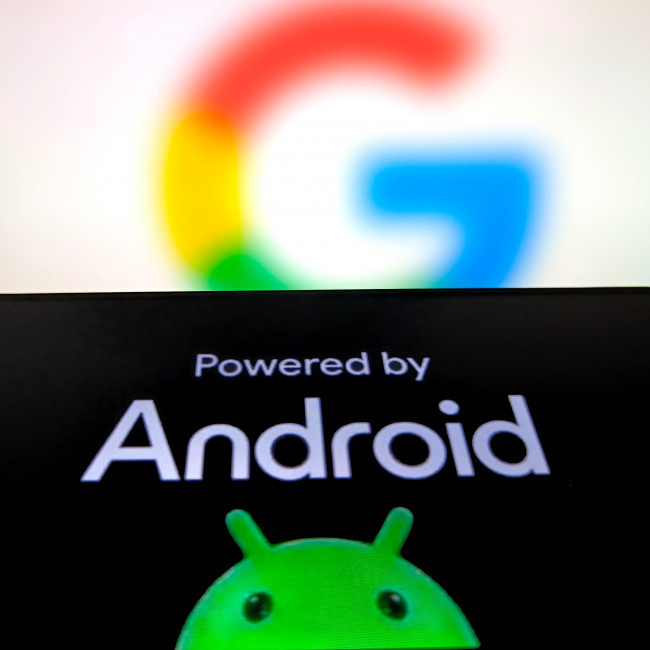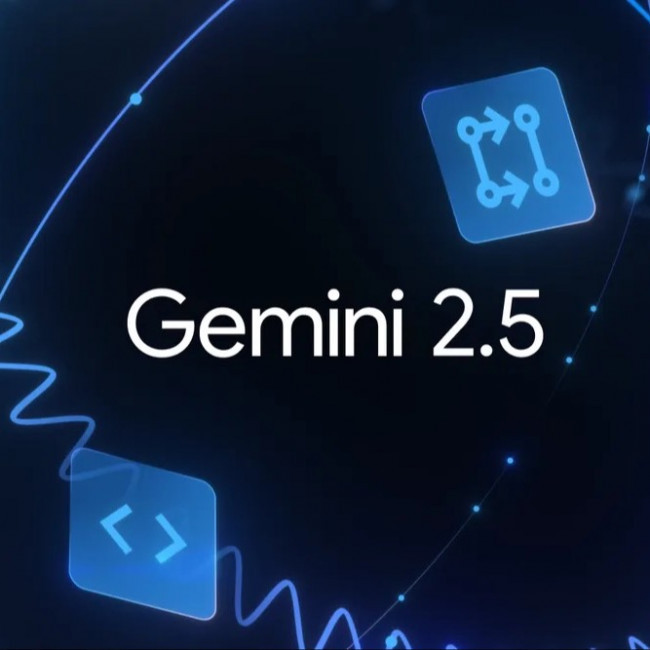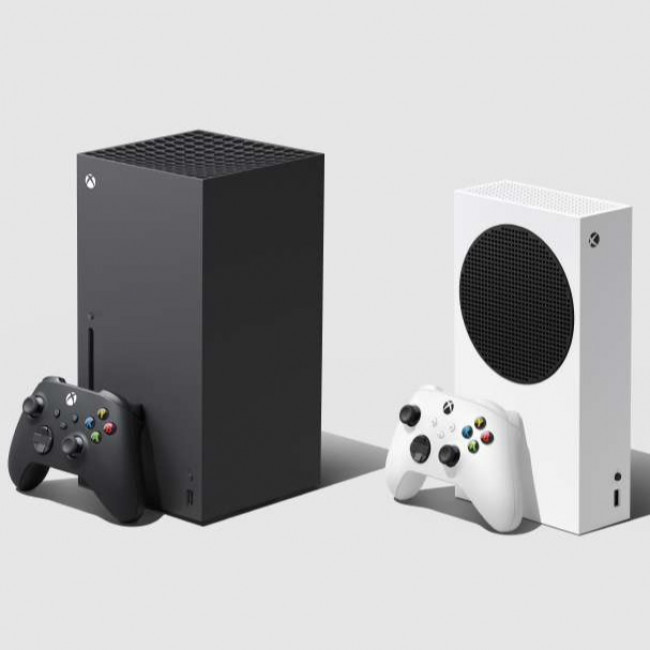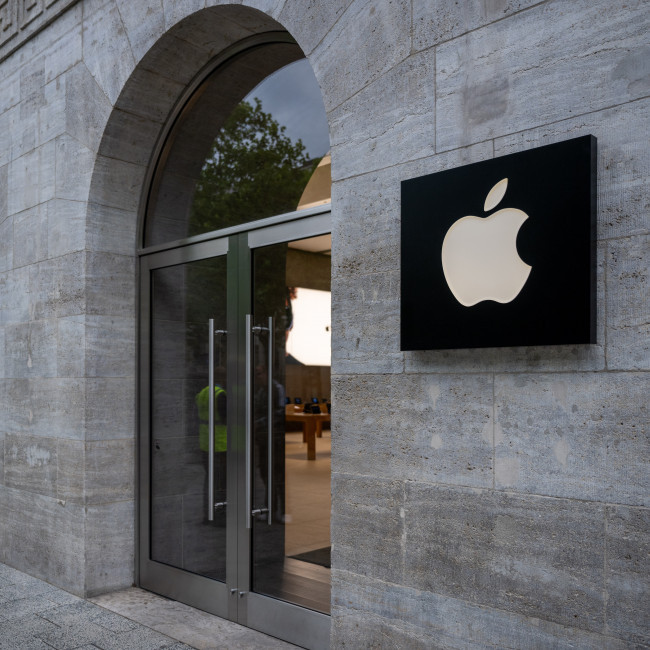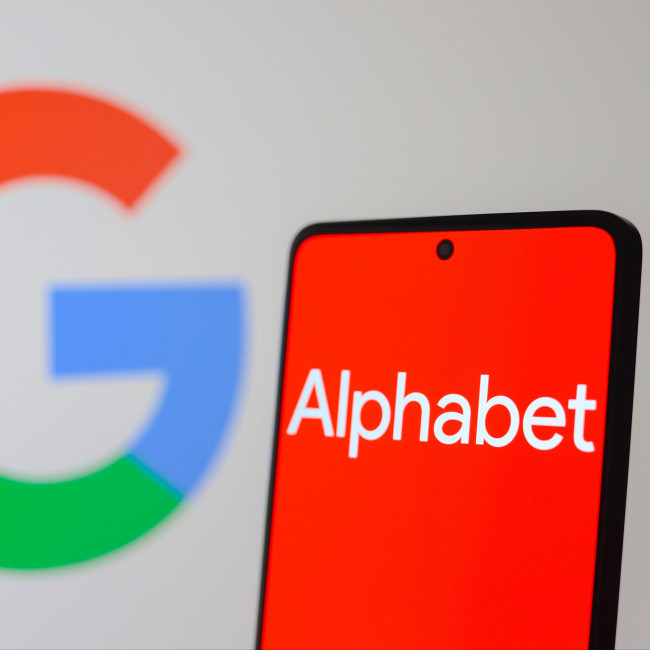Google has confirmed it will merge ChromeOS into Android from 2026, creating a unified platform aimed at bringing advanced AI features and seamless integration across phones, tablets, and laptops.
Google has confirmed it will merge ChromeOS with Android.
The company said the merger would unite its two operating systems in a shift that is designed to accelerate artificial intelligence development.
Speaking at Qualcomm’s Summit event, Sameer Samat, Google’s president for the Android ecosystem, made the announcement official. “I think the opportunity for us that we see is how do we accelerate all the AI advancement that we’re doing on Android and bring that to the laptop form factor as rapidly as possible, and also have the laptop and the rest of the Android ecosystem work seamlessly together?”
Samat added: “Basically, we’re taking the Chrome OS experience, and we’re re-baselining the technology underneath it on Android, so that combination is something we’re super excited about for next year.”
The move means that starting in 2026, Chromebooks will effectively run on Android.
According to Google, this will allow its Gemini AI services to be deployed across a wider range of devices, from smartphones and tablets to laptops.
Chromebooks, which carved out a niche in the education sector, will continue to exist but underpinned by Android.
Samat said the mobile operating system’s success on tablets proved it was ready for larger form factors, and also pointed to opportunities in XR platforms such as augmented and virtual reality.
Qualcomm is expected to play a key role, adapting its Snapdragon processors to ensure they can power Android laptops as effectively as they do smartphones.
While Google has long experimented with ways to bring its platforms closer together, the merger signals a decisive end to ChromeOS as a standalone system – and underlines how central AI has become to Google’s strategy.
Google confirms Android will merge with ChromeOS to boost AI development
